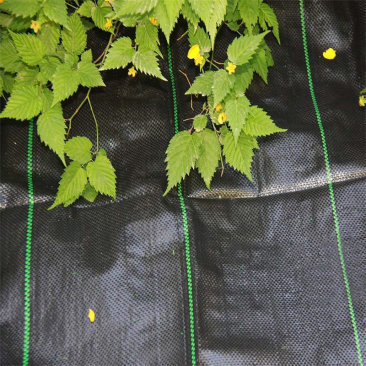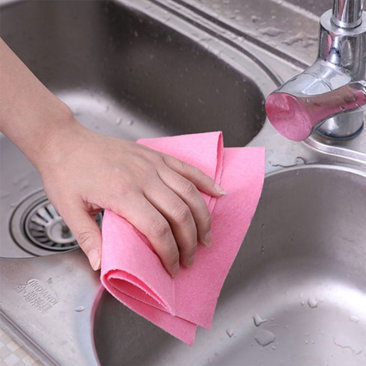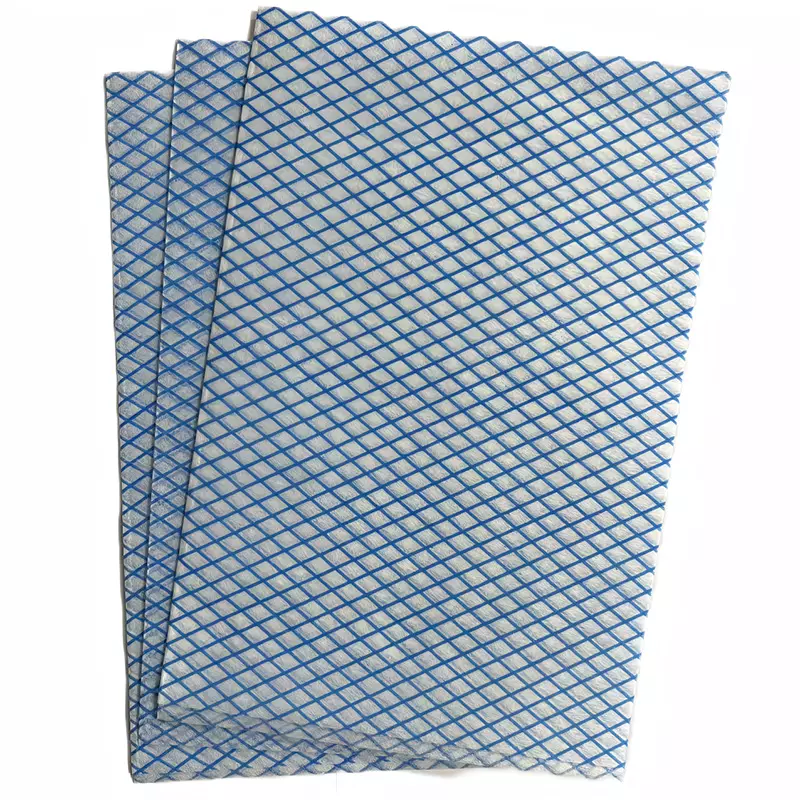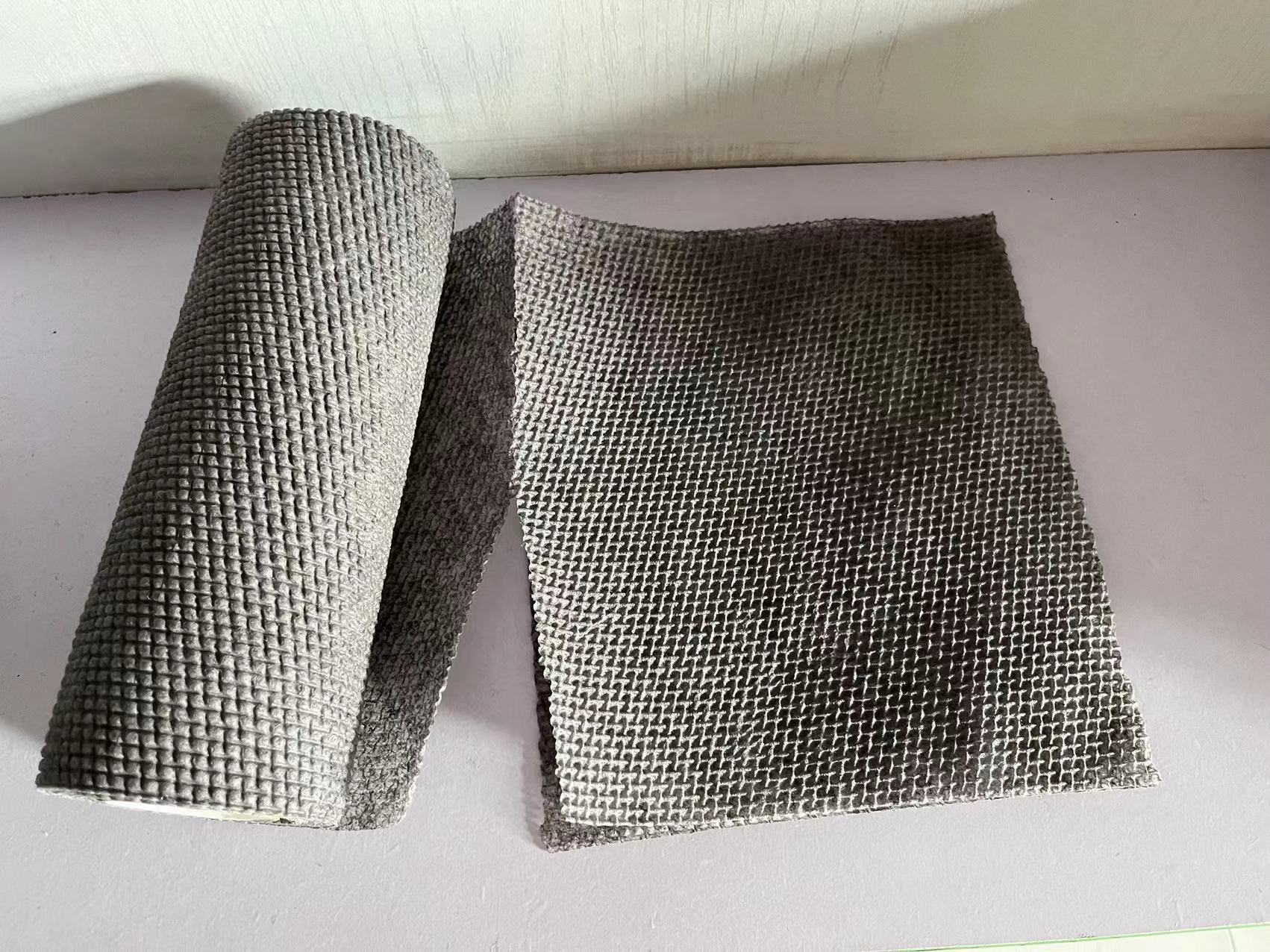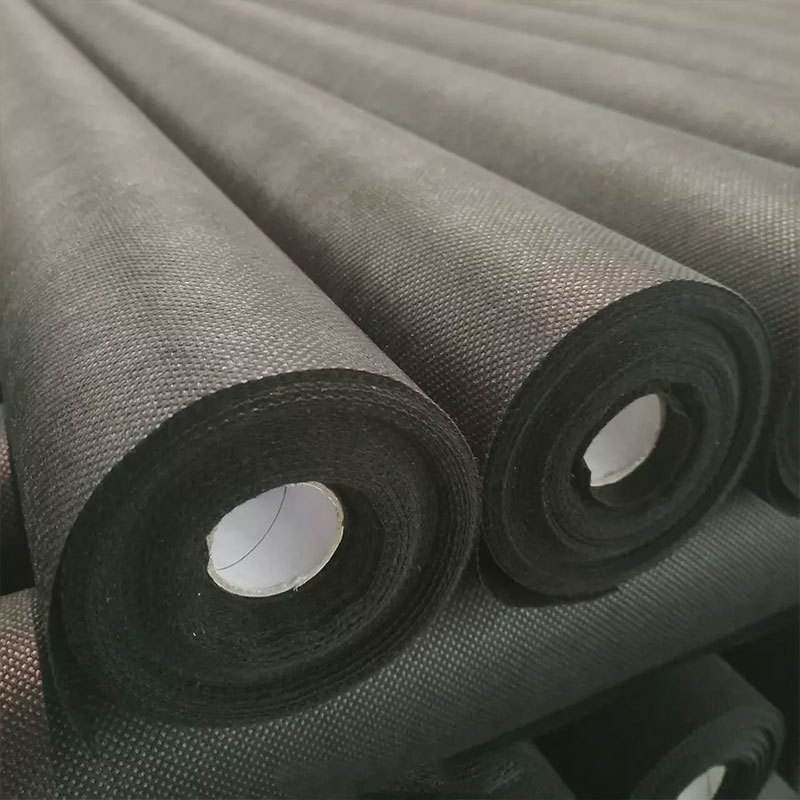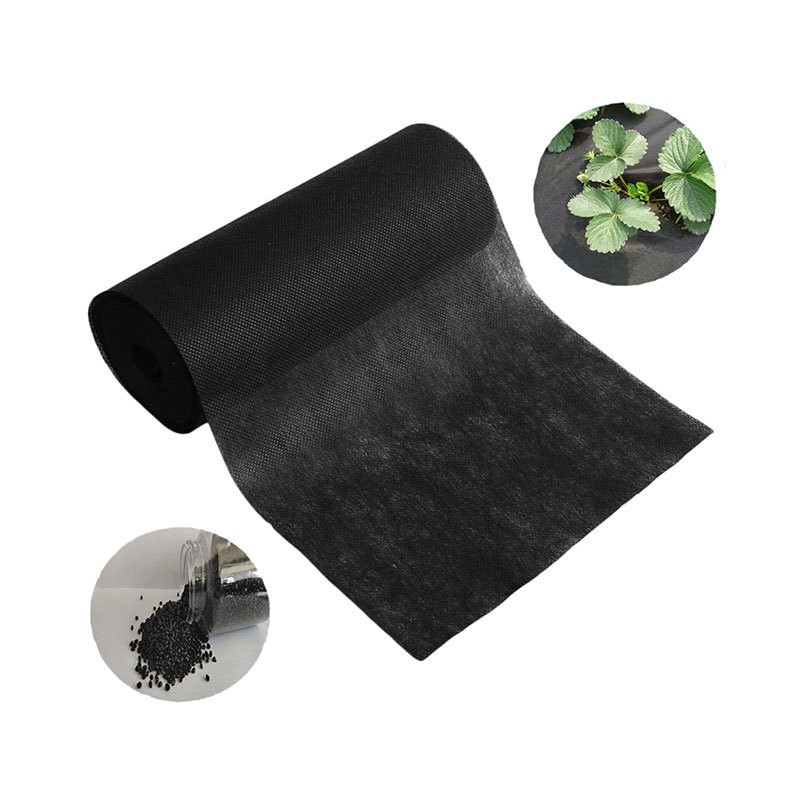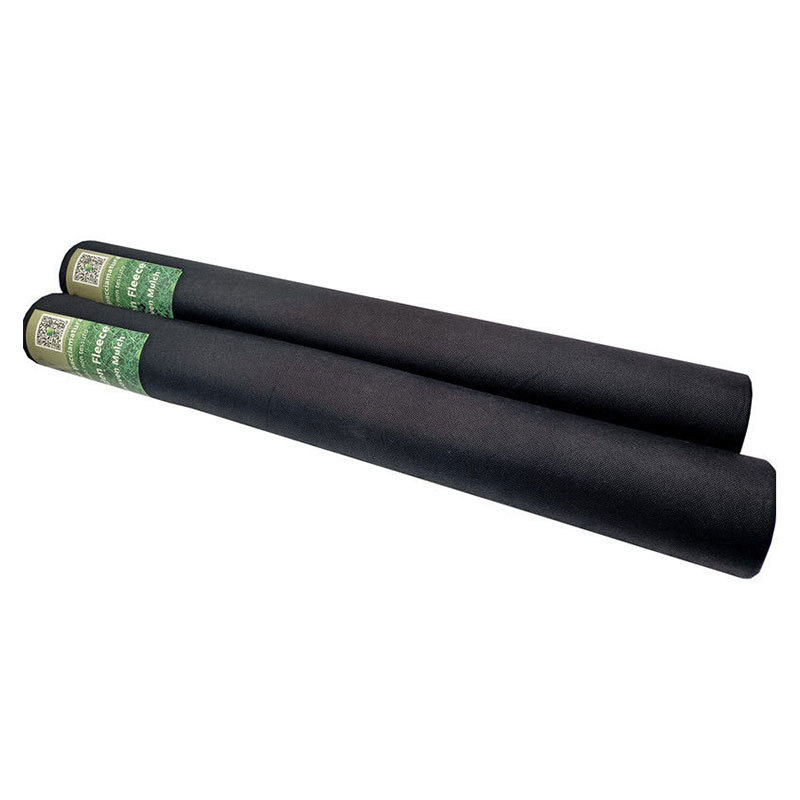24
2025
-
07
Exploring the Benefits of Polypropylene Nonwoven Fabric in Diverse Applications
Polypropylene nonwoven fabric is a synthetic textile made from polypropylene fibers, which are spun and bonded together through various methods, including thermal, chemical, or mechanical processes. This manufacturing process results in a lightweight, durable, and versatile material that is well-suited for numerous applications. One of the primary benefits of polypropylene nonwoven fabric is its e
Polypropylene nonwoven fabric is a synthetic textile made from polypropylene fibers, which are spun and bonded together through various methods, including thermal, chemical, or mechanical processes. This manufacturing process results in a lightweight, durable, and versatile material that is well-suited for numerous applications.
One of the primary benefits of polypropylene nonwoven fabric is its excellent filtration capability. This characteristic makes it an ideal choice for products like face masks, air filters, and liquid filtration systems. It can effectively capture particles while allowing air or liquid to pass through, making it essential in medical and environmental applications.
Moreover, the material is known for its resistance to moisture, chemicals, and UV radiation. This makes polypropylene nonwoven fabric suitable for outdoor and moisture-prone applications such as geotextiles, agricultural covers, and outdoor furniture. Its durability ensures longevity in challenging environments, reducing the need for frequent replacements.
Another significant aspect is the fabric's lightweight nature. This property not only makes it easy to handle and transport but also contributes to its use in disposable products. Industries are increasingly turning to polypropylene nonwoven fabric for disposable hygiene products, including diapers, feminine hygiene products, and medical supplies. The fabric’s ability to provide comfort while remaining cost-effective is a crucial factor driving its popularity in these markets.
Sustainability is a growing concern in the textile industry, and polypropylene nonwoven fabric is making strides in this area as well. Manufacturers are now focusing on recycling polypropylene materials, allowing for the production of eco-friendly nonwoven fabrics. This initiative not only addresses environmental concerns but also meets the increasing demand for sustainable products among consumers.
In summary, polypropylene nonwoven fabric stands out in the textile industry due to its unique features such as filtration efficiency, moisture resistance, lightweight nature, and potential for sustainability. Professionals in the textile and nonwoven sectors should consider these advantages when exploring material options for their products. As the demand for durable, versatile, and environmentally friendly materials continues to rise, polypropylene nonwoven fabric is poised to play a critical role in future innovations and applications within the industry.
One of the primary benefits of polypropylene nonwoven fabric is its excellent filtration capability. This characteristic makes it an ideal choice for products like face masks, air filters, and liquid filtration systems. It can effectively capture particles while allowing air or liquid to pass through, making it essential in medical and environmental applications.
Moreover, the material is known for its resistance to moisture, chemicals, and UV radiation. This makes polypropylene nonwoven fabric suitable for outdoor and moisture-prone applications such as geotextiles, agricultural covers, and outdoor furniture. Its durability ensures longevity in challenging environments, reducing the need for frequent replacements.
Another significant aspect is the fabric's lightweight nature. This property not only makes it easy to handle and transport but also contributes to its use in disposable products. Industries are increasingly turning to polypropylene nonwoven fabric for disposable hygiene products, including diapers, feminine hygiene products, and medical supplies. The fabric’s ability to provide comfort while remaining cost-effective is a crucial factor driving its popularity in these markets.
Sustainability is a growing concern in the textile industry, and polypropylene nonwoven fabric is making strides in this area as well. Manufacturers are now focusing on recycling polypropylene materials, allowing for the production of eco-friendly nonwoven fabrics. This initiative not only addresses environmental concerns but also meets the increasing demand for sustainable products among consumers.
In summary, polypropylene nonwoven fabric stands out in the textile industry due to its unique features such as filtration efficiency, moisture resistance, lightweight nature, and potential for sustainability. Professionals in the textile and nonwoven sectors should consider these advantages when exploring material options for their products. As the demand for durable, versatile, and environmentally friendly materials continues to rise, polypropylene nonwoven fabric is poised to play a critical role in future innovations and applications within the industry.
Polypropylene nonwoven fabric


